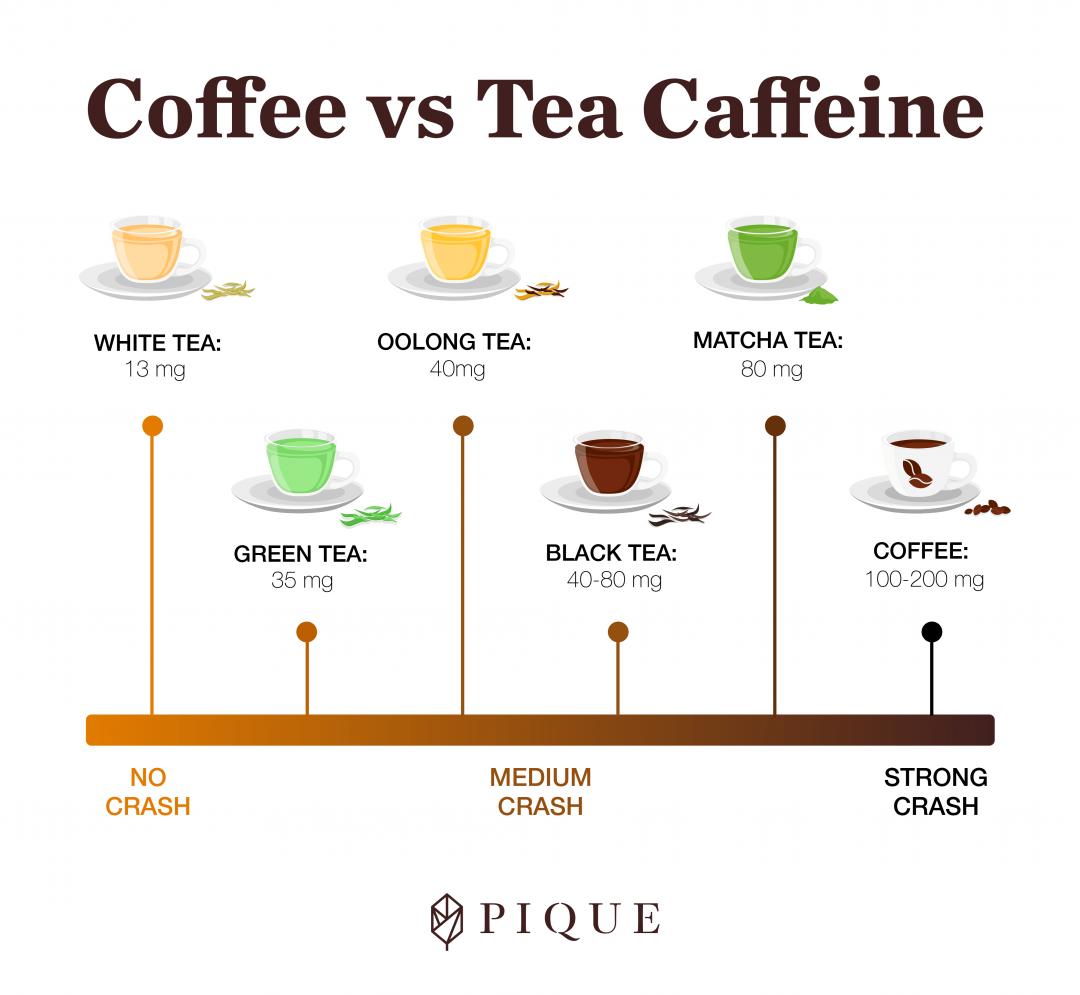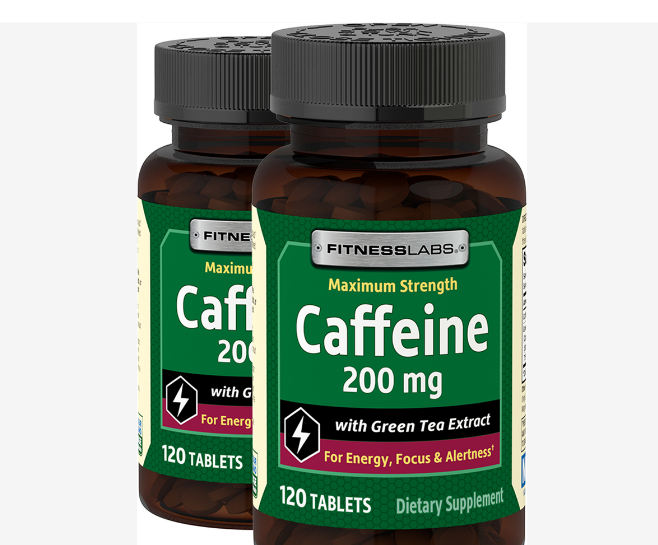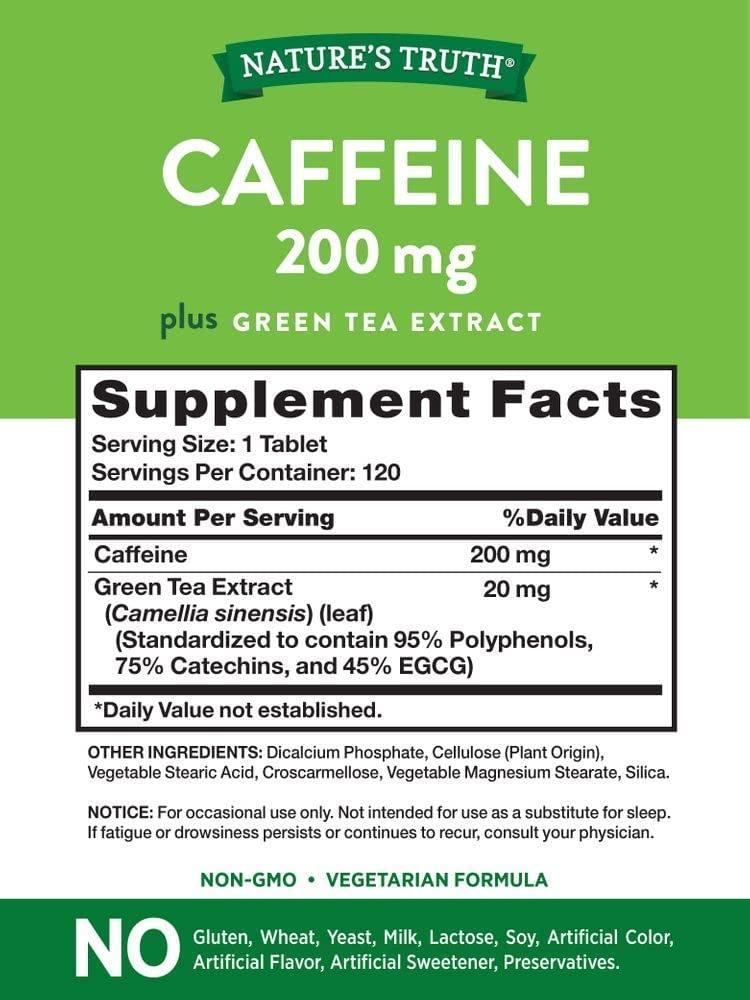Content Menu
● Understanding Green Tea and Its Components
● Caffeine in Green Tea Extract
● Comparing Caffeine Content
● The Interplay of Caffeine and Other Compounds
● Health Benefits Associated with Green Tea Extract
● Potential Side Effects and Considerations
● Choosing and Using Green Tea Extract
● Conclusion
Green tea has been a beloved beverage for centuries, cherished not only for its delicate flavor but also for its potential health benefits. In recent years, green tea extract has gained popularity as a dietary supplement, promising to deliver the benefits of green tea in a concentrated form. However, this rise in popularity has also led to some confusion, particularly regarding its caffeine content. A common question that arises is: "Is green tea extract caffeine?" To answer this question and explore the relationship between green tea extract and caffeine, we need to delve deeper into the composition of green tea, the extraction process, and the various forms of green tea extract available on the market.
Understanding Green Tea and Its Components
Green tea is derived from the leaves of the Camellia sinensis plant, the same plant that gives us black tea, oolong tea, and white tea. The difference lies in the processing methods. Green tea leaves are minimally oxidized, which helps preserve many of the plant's natural compounds, including caffeine and a group of antioxidants known as catechins.
The main components of green tea include:
1. Catechins: These are powerful antioxidants, with epigallocatechin gallate (EGCG) being the most abundant and well-studied.
2. Caffeine: A natural stimulant that affects the central nervous system.
3. L-theanine: An amino acid that can promote relaxation without drowsiness.
4. Vitamins and minerals: Including vitamin C, various B vitamins, and minerals like manganese and potassium.
When we talk about green tea extract, we're referring to a concentrated form of these components, typically created by steeping green tea leaves in hot water or alcohol and then drying the resulting liquid to create a powder or concentrated liquid form.

Caffeine in Green Tea Extract
To address the main question: Yes, green tea extract does contain caffeine, but the amount can vary significantly depending on several factors. It's important to note that green tea extract is not pure caffeine; rather, it's a complex mixture of compounds that includes caffeine as one of its components.
The caffeine content in green tea extract can depend on:
1. The type of green tea used: Different varieties of green tea naturally contain varying amounts of caffeine.
2. The part of the tea plant used: Younger leaves and buds typically contain more caffeine than older leaves.
3. The extraction process: Some methods may concentrate caffeine more than others.
4. The standardization process: Some manufacturers may standardize their extracts to contain specific amounts of certain compounds, including caffeine.
It's worth noting that the caffeine content in green tea extract is generally lower than what you'd find in coffee or energy drinks. However, because it's a concentrated form, the caffeine content per serving can still be significant.

Comparing Caffeine Content
To put things into perspective, let's compare the caffeine content of green tea extract to other common sources of caffeine:
1. An average cup of green tea (8 oz) contains about 25-35 mg of caffeine.
2. A typical cup of coffee (8 oz) contains about 95-200 mg of caffeine.
3. Green tea extract supplements can vary widely, with some containing as little as 25 mg of caffeine per serving, while others may have up to 40 mg or more.
It's important to note that these are general ranges, and actual caffeine content can vary based on factors such as brewing time, water temperature, and individual product formulations.
The Interplay of Caffeine and Other Compounds
While the presence of caffeine in green tea extract is noteworthy, it's equally important to understand how it interacts with other compounds in the extract. This interplay can affect how the body responds to the caffeine and can potentially modify its effects.
One of the most interesting interactions is between caffeine and L-theanine. L-theanine is an amino acid found in tea leaves that has been shown to promote relaxation without causing drowsiness. When combined with caffeine, as it naturally occurs in green tea, L-theanine can help to smooth out the stimulant effects of caffeine. This combination often results in a more balanced, sustained energy boost without the jitters or crash that some people experience with coffee.
Additionally, the catechins in green tea extract, particularly EGCG, have been studied for their potential to boost metabolism and aid in fat oxidation. When combined with caffeine, these effects may be enhanced, which is why green tea extract is often found in weight management supplements.

Health Benefits Associated with Green Tea Extract
The popularity of green tea extract isn't solely due to its caffeine content. In fact, many people turn to green tea extract for its potential health benefits, which are largely attributed to its high concentration of catechins and other beneficial compounds. Some of the potential benefits that have been studied include:
1. Antioxidant properties: The catechins in green tea extract, especially EGCG, are powerful antioxidants that may help protect cells from damage caused by free radicals.
2. Heart health: Some studies suggest that regular consumption of green tea or its extract may help lower the risk of cardiovascular disease by improving cholesterol levels and reducing blood pressure.
3. Weight management: The combination of caffeine and catechins in green tea extract may help boost metabolism and increase fat burning, potentially aiding in weight loss efforts when combined with a healthy diet and exercise.
4. Brain function: The combination of caffeine and L-theanine in green tea extract may help improve cognitive function, including attention, memory, and reaction time.
5. Blood sugar control: Some research indicates that green tea extract may help improve insulin sensitivity and reduce blood sugar levels, which could be beneficial for people with or at risk of type 2 diabetes.
6. Cancer prevention: While more research is needed, some studies suggest that the antioxidants in green tea extract may have protective effects against certain types of cancer.
7. Liver health: Some studies have shown that green tea extract may help protect the liver from damage and improve liver function.
8. Skin health: The antioxidants in green tea extract may help protect the skin from UV damage and signs of aging when applied topically or consumed orally.
It's important to note that while these potential benefits are promising, more research is often needed to fully understand the effects of green tea extract on human health. Additionally, the effectiveness can vary depending on the quality and concentration of the extract, as well as individual factors.
Potential Side Effects and Considerations
While green tea extract is generally considered safe for most people when used as directed, it's not without potential side effects. Many of these side effects are related to its caffeine content:
1. Sleep disturbances: Consuming green tea extract, especially later in the day, may interfere with sleep due to its caffeine content.
2. Anxiety and restlessness: Some people may experience increased anxiety or feelings of restlessness, particularly if they are sensitive to caffeine.
3. Digestive issues: In some cases, green tea extract may cause stomach upset, nausea, or diarrhea.
4. Headaches: Caffeine can trigger headaches in some individuals, especially with excessive consumption.
5. Increased heart rate and blood pressure: The caffeine in green tea extract can temporarily increase heart rate and blood pressure.
6. Iron absorption: Green tea extract may interfere with iron absorption, which could be a concern for people with iron deficiency anemia.
7. Liver concerns: In rare cases, high doses of green tea extract have been associated with liver problems. This risk appears to be higher when the extract is taken on an empty stomach.
It's also worth noting that green tea extract can interact with certain medications, including blood thinners, stimulants, and some antibiotics. Therefore, it's always advisable to consult with a healthcare provider before starting any new supplement regimen, especially if you have pre-existing health conditions or are taking medications.
Choosing and Using Green Tea Extract
If you're considering using green tea extract, there are several factors to keep in mind:
1. Quality: Look for products from reputable manufacturers that undergo third-party testing for purity and potency.
2. Standardization: Some products are standardized to contain specific amounts of certain compounds, such as EGCG or caffeine. This can help ensure consistency in dosage and effects.
3. Form: Green tea extract is available in various forms, including capsules, tablets, liquids, and powders. Choose the form that best fits your lifestyle and preferences.
4. Caffeine content: If you're sensitive to caffeine or trying to limit your intake, look for decaffeinated green tea extract options.
5. Dosage: Follow the recommended dosage on the product label or as advised by your healthcare provider. More is not always better, and excessive consumption can lead to side effects.
6. Timing: If you're using green tea extract for its potential weight management benefits, some research suggests taking it before meals or exercise may be most effective.
7. Combination with diet and lifestyle: Remember that green tea extract is not a magic bullet. Its potential benefits are best realized when combined with a healthy diet and regular exercise.

Conclusion
In conclusion, while green tea extract does contain caffeine, it's not accurate to say that green tea extract is caffeine. Rather, caffeine is one component of a complex mixture of beneficial compounds found in green tea extract. The amount of caffeine can vary widely between products, and its effects are often modulated by other compounds present in the extract, such as L-theanine and catechins.
The potential health benefits of green tea extract are numerous and extend far beyond its caffeine content. From its potent antioxidant properties to its potential effects on weight management, heart health, and cognitive function, green tea extract has much to offer. However, it's crucial to approach its use mindfully, considering factors such as caffeine sensitivity, potential interactions with medications, and individual health conditions.
As with any supplement, it's best to consult with a healthcare provider before incorporating green tea extract into your routine. They can help you weigh the potential benefits against any risks and determine the most appropriate dosage for your individual needs.
Ultimately, whether you're seeking a natural energy boost, looking to enhance your antioxidant intake, or exploring potential weight management aids, green tea extract offers a fascinating blend of traditional wisdom and modern scientific research. By understanding its composition, including its caffeine content, you can make informed decisions about how to best incorporate this powerful botanical extract into your health and wellness routine.































